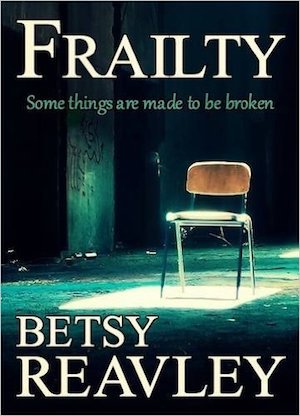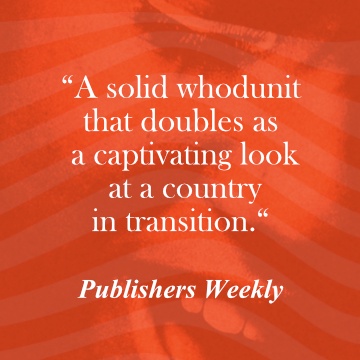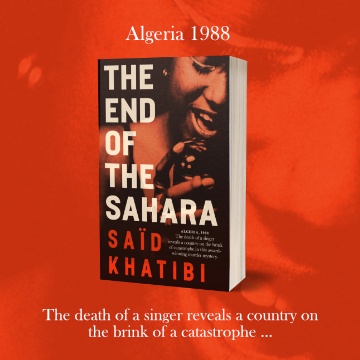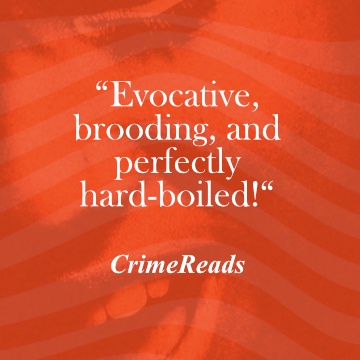
Eight-year-old Hope is missing from a sleepy English village. It is every parent’s nightmare. The world keeps turning but Hope’s family has been knocked off their axis, wobbling violently in a new orbit. You can call it domestic noir but it doesn’t quite emphasise the uncomfortable tension generated by Reavley in this tale; there is a claustrophobia in this novel that is verging on suffocation.
It is all told in the first person and we get three perspectives. The dominant viewpoint is Libby, mother to Hope and Gracie, as she is plunged into her torment. Later in the book we also get Hope’s father, Danny. Peppered throughout the story we get passages from Hope. These are not easy reads and they are the psychological equivalent of fingernails being drawn down a blackboard. Some of the initial scenes of Hope’s imprisonment are almost unbearable.
The weeks go by and Hope doesn’t come home. The local shopkeeper, Amit, is a person of interest to the police. A tantalising clue is found but time drifts by and optimism dwindles with it. In cinematic terms, this is all tightly shot: we focus on the minutiae of the family perspective. We get the family liaison police officer trying to support them, the detectives updating the family, and the bickering between family members. Everyone doing it under the harsh glare of the media spotlight, pushed to breaking point by the situation.
The title of this book may suggest one theme but Hope’s name is declarative – this is an exploration of hope. Think Madeleine McCann and the torture of not knowing, the hope just never quite extinguished. The mother, father, grandparents, friends and police all share it; just the barest sliver of hope to keep going, pushing them through the grimmest of events. The thought of that impotent frustration can leave you feeling slightly nauseated. Reavley has taken that visceral reaction and tapped into it.
It’s the sheer mundanity of life that is so oppressive in this novel. The crushing normalness of a middle class life that is turned upside down. Tumble Tots and child abduction. It’s an unsettling juxtaposition. I’m still not sure how much I enjoyed this book but that really isn’t the point. It’s not that kind of ride. There is little resembling a feelgood factor in this tale. The sheer intensity won’t suit all readers.
The story is slower in the first half and it is only in the second half that it hits its stride. The switching perspective adds pace as we snap between viewpoints. I’m fairly feeble when it comes to plot twists but I did see these ones coming. However, this also reflects the tightly framed viewpoint – there simply aren’t that many directions the plot could go. That’s not particularly a criticism as jarring twists can feel like cheap conjuring tricks and this novel’s leverage comes from the acute focus.
This is a powerful novel that reaches into territory that few have dared touch. Frailty is harrowing and deeply sad – it’s not one you will forget quickly. Child abduction is not a taboo topic but even the bleakest of noir tales generally leave the blood spilled on the hands of the adults and those living in the shadows. This is domestic noir etched in vivid tones, dark and sad, but undeniably heart-rending and deeply compelling.
For more books from British indie publisher Bloodhound Books, click here.
Bloodhound Books
Print/Kindle/iBook
£7.99
CFL Rating: 4 Stars










